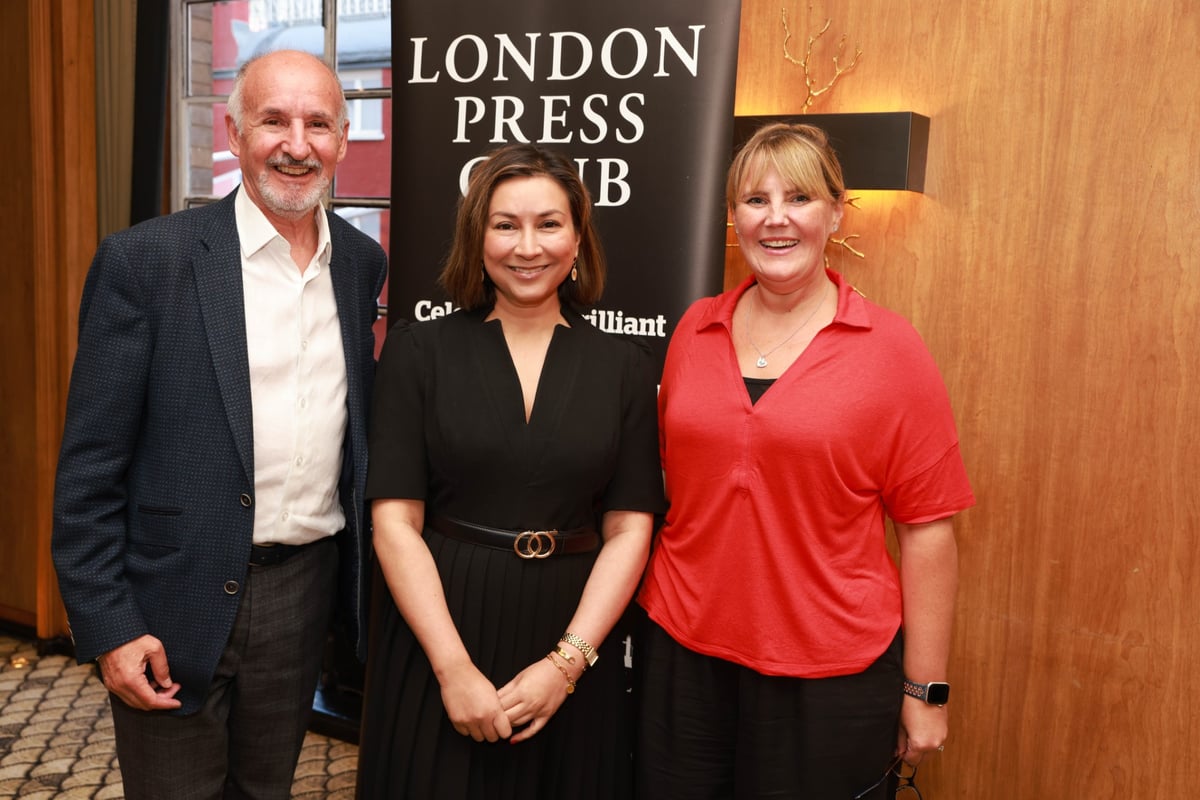At the prestigious 2025 Hugh Cudlipp Lecture, Baroness Ayesha Hazarika delivered a powerful address, passionately advocating for a significant “journalism investment” to safeguard the integrity and future of the news industry. Hosted by the venerable London Press Club, her keynote underscored the critical necessity of fostering robust, empathetic reporting in an increasingly digital world, a cornerstone of a healthy “media future.”
Central to Baroness Hazarika’s discourse was a staunch rejection of artificial intelligence as a substitute for human journalistic endeavor. Echoing sentiments from London Press Club Chairman Doug Wills, she asserted that “AI cannot do the things that journalists can,” emphasizing that AI lacks the inherent empathy, diligent graft, and unique creativity that define genuine journalistic practice, particularly relevant to ongoing “AI ethics” discussions in content creation.
Drawing upon her diverse professional journey, Baroness Hazarika, a seasoned former journalist who transitioned from print and broadcast media to politics and ultimately a life peerage, offered a multifaceted perspective on the evolving “news industry.” Now a prominent presenter on Times Radio and a steadfast Labour supporter, her insights bridge the gap between policy-making and practical journalism, providing a unique vantage point on contemporary media challenges.
The annual lecture itself pays homage to the enduring legacy of the late Lord Hugh Cudlipp, a towering figure in British journalism and a former editor and editorial director of the Mirror Group. His vision and dedication to the craft continue to inspire discussions on the “media future,” making the “Hugh Cudlipp Lecture” a vital platform for addressing the pressing issues confronting global news organizations and the very essence of public information.
Expressing profound concern for the long-term sustainability of news institutions, Baroness Hazarika voiced a poignant hope that “we don’t look back on this time and regret how we didn’t invest in the things that are going to sustain our important news organisations.” This sentiment reinforces her overarching call for dedicated “journalism investment” to ensure that the foundational pillars of democratic society remain strong and capable of delivering truth.
In a surprising yet resonant analogy, Baroness Hazarika posited that just as vinyl records have experienced a cultural renaissance, physical newspapers might also see a resurgence in popularity. She eloquently articulated the inherent comfort and tangible connection offered by a physical paper, highlighting a potential nostalgic return to traditional consumption methods within the “news industry” amidst a digital deluge.
Reflecting fondly on her tenure at the Evening Standard, Baroness Hazarika recounted her experiences as a columnist and editor of the “Londoners Diary.” She passionately described the daily print edition of the Standard not merely as a newspaper, but as an integral “part of the fabric of the city,” deeply interwoven into the everyday lives of its residents, exemplifying the profound societal role of local journalism.
The evening also celebrated emerging talent, with Sharon Browne-Peter receiving the 2025 Hugh Cudlipp Student Journalism Award and a £1,000 prize. Browne-Peter’s compelling work on sickle cell disease, which skillfully blended personal narrative, testimonials, independent research, and creative storytelling across a documentary and three published articles, stands as a testament to the essential “graft” and impactful potential of dedicated young journalists in shaping the “media future.”
Baroness Hazarika now joins an illustrious roster of distinguished speakers who have graced the annual Cudlipp Lecture, including notable figures such as George Osborne, Piers Morgan, and Jon Snow. Her inclusion among these prominent voices underscores the critical importance of her message regarding the indispensable nature of human-led journalism and the urgent need for strategic “journalism investment” in an evolving “news industry.”






Leave a Reply